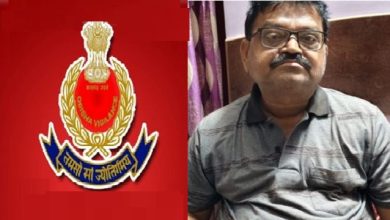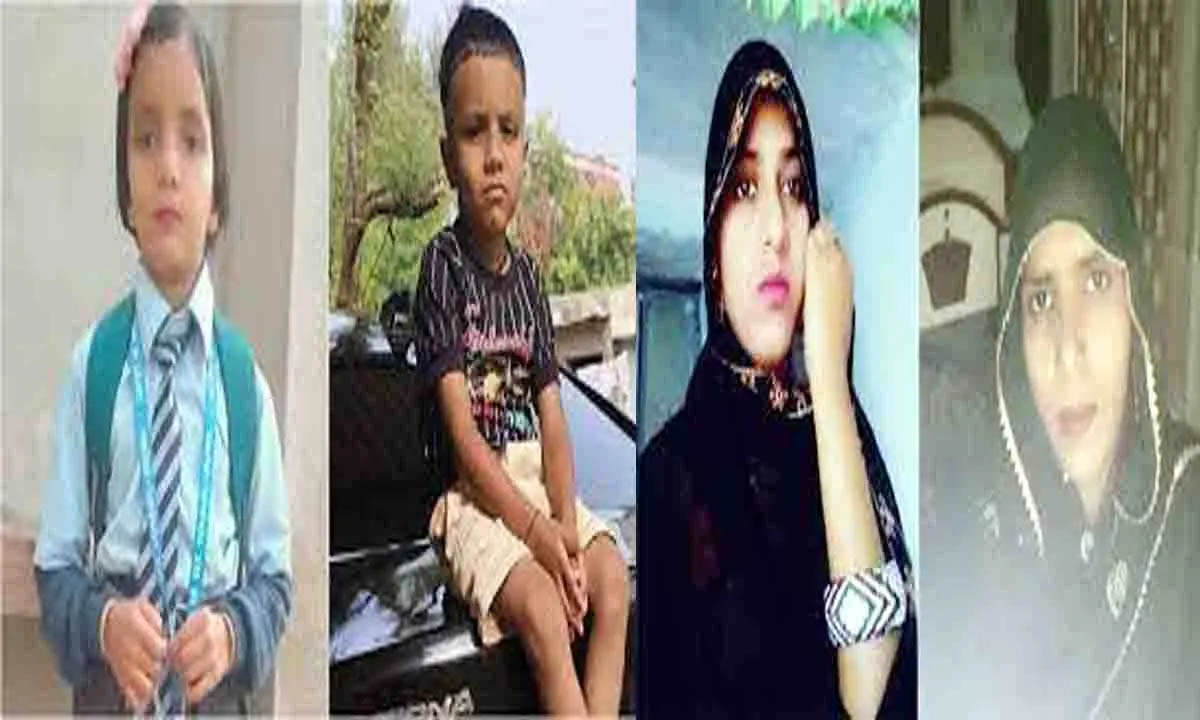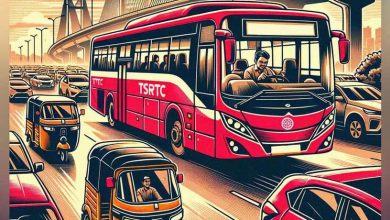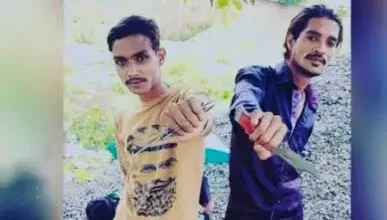Women at the forefront of efforts to end violence in Manipur

Imphal (IANS) | Women have always been at the center stage in Manipur, and it has been no exception in playing a role in restoring peace and normalcy amid ongoing caste violence in the northeastern state. More than 100 people have been killed and more than 320 others injured since the conflict began on 3 May.
Around 4,000 vendors of Ima Kaithal or Mother’s Market, the world’s largest women-run market in Imphal, on Tuesday began a three-day sit-in protest demanding peace and restoration of normalcy in Manipur.
The agitating women vendors also demanded implementation of the National Register of Citizens (NRC) and identification and repatriation of infiltrators from Myanmar, Nepal and Bangladesh.
Manipuri intellectual and author Rajkumar Kalyanjit Singh said the vendors at Ima Market, which has a history of over 500 years, are known as ‘ima’ or mothers, and most of the vendors are between the ages of 50 and 70. He said, in 1891, the British introduced tough political and economic reforms, which adversely affected the market.
Kalyanjit Singh, who is also the editor of the Manipuri newspaper ‘Marup’, said several measures were implemented, including high taxation, which ultimately damaged the socio-economic fabric of the state in general and the Manipuri society in particular. disturbed. All of them started the ‘Nupi Lana’ (Women’s War) movement in 1939 to revolt against the atrocities of the British. Protest rallies, public meetings and campaigns were organized to condemn the British policies. The British tried to quell the movement by selling the market buildings to outside buyers and foreigners, but the women of Manipur stood up against them and aggressively defended their market.
Of the 47 civil society organizations (CSOs) that Union Home Minister Amit Shah met during his four-day visit (May 29 to June 1) to the violence-hit state, a large number of CSOs are women-run bodies.
Women in Manipur have also been fighting against alcohol since the 1970s, apart from several other social evils, which led the then Manipur People’s Party-led government led by RK Ranbir Singh to pass the Manipur Liquor Prohibition Act in 1991. Compelled to.
The law is still in force.
In 1991, Manipur officially became a dry state with exemptions for people from Scheduled Caste and Scheduled Tribe communities to make alcohol for traditional purposes only. However, despite Prohibition, alcohol consumption could not be successfully controlled and alcohol remained widely available, leading to movements against alcohol-related dangers in various parts of the state.
Chief Minister N. The current Manipur government led by Biren Singh had decided to partially lift prohibition last year as the government was suffering a revenue loss of Rs 600 crore annually. As per the government’s decision, the sale of liquor will be limited to district headquarters and certain other identified places such as tourist places, resorts, security camps and hotels with at least 20 beds.
Several women activists and organisations, including the Coalition Against Drugs and Alcohol (CAGA), reiterated that they would never accept the government’s decision as it would harm generations to come.
These organizations anticipated that if the government implemented its decision, it would be the death knell for a large section of the population, especially the younger generation.
Senior Congress leaders, mostly women legislators, have been critical of the BJP government’s policy.
To prevent crimes against women, women citizens formed the All Manipur Women’s Social Reform and Development Society or Nupi Samaj in the late 1970s.
‘Mira paibis’ (female torch-bearers) patrolled the villages at night and detained drunkards and liquor smugglers and even punished them. The accused were asked to do a frog march wearing garlands of empty bottles shouting I am a drunkard, I am a bootlegger.
Since the British rule, women have been playing a prominent role in the society in the erstwhile princely states. From economic activities to mass agitation, from domestic affairs to sports and cultural activities, women have played a major role in social awareness to fight against drug menace and extremism. However, in a male-dominated society, they (women) have an insignificant chance of becoming legislators or ministers, or at least being in an influential administrative position.
Padma Shri awardee (2007) and 13 sports personalities and medal winners, mostly women sports persons, along with prominent theater artist Savitri Hesnam urged the Union Home Minister to restore peace and harmony in Manipur at the earliest and take stern action against Kuki extremists. urged. Also warned that if this is not done, she will return her medals and awards.
Celebrity sports personalities include Arjuna awardee weightlifter Kunjarani Devi, former Indian women’s football team captain Oinam Bem Bem Devi, boxer L Sarita Devi, Dhyan Chand awardee Anita Chanu, Olympian judoka Likmabam Shushila Devi, Olympic medalist Mirabai Chanu and Dronacharya awardee





